Meta And The FTC: A Deep Dive Into The Instagram And WhatsApp Antitrust Lawsuit

Table of Contents
Meta, a tech giant dominating social networking, owns Instagram, the leading photo and video-sharing platform, and WhatsApp, the world's most popular messaging app. This near-monopoly control over communication and social interaction has drawn significant regulatory scrutiny. This article aims to provide a comprehensive overview of the lawsuit, analyzing the FTC's allegations, Meta's defense, the key evidence presented, and the potential outcomes and their implications for the tech industry and users.
The FTC's Allegations Against Meta
The FTC's core argument centers on the assertion that Meta illegally leveraged its market dominance to acquire Instagram and WhatsApp, thus eliminating potential competitors and solidifying its monopoly. The commission claims these acquisitions violated the Sherman Antitrust Act, which prohibits actions that restrain trade or create monopolies.
Specific allegations include:
- Stifling Competition in Photo-Sharing: The FTC contends that the Instagram acquisition prevented the emergence of a viable competitor to Facebook in the photo-sharing market, limiting consumer choice and innovation. The argument is that Instagram, had it remained independent, could have grown to challenge Facebook's dominance.
- Preventing a Rival Messaging App: Similarly, the FTC alleges that the WhatsApp acquisition prevented the development of a significant competitor to Facebook Messenger, further consolidating Meta's control over messaging services and user data. This allegedly limited the development of alternative secure messaging platforms.
- Anti-competitive Practices Post-Acquisition: The FTC points to the subsequent integration of Instagram and WhatsApp into the Meta ecosystem, including data sharing practices, as evidence of anti-competitive behavior designed to maintain Meta's market power. The argument focuses on how this integration limited the ability of other companies to compete effectively.
Meta's Defense Strategy
Meta vehemently denies the FTC's allegations, arguing that the acquisitions of Instagram and WhatsApp were pro-competitive and beneficial for users. Their defense strategy rests on several key points:
- Pro-Competitive Acquisitions: Meta claims that integrating these platforms fostered innovation, improved user experience, and broadened access to a wider range of services. They highlight features resulting from the integration as evidence of increased consumer benefits.
- Necessity to Stay Competitive: Meta contends that the acquisitions were necessary to maintain competitiveness in a rapidly evolving tech market. They argue that without these acquisitions, they risked being overtaken by other companies. This strategy frames the acquisitions as defensive measures, not aggressive attempts to monopolize.
- Flawed Economic Analysis: Meta challenges the FTC's economic models and market definition, arguing that the commission's analysis fails to account for the dynamic nature of the social media market and the constant emergence of new competitors. They dispute the characterization of the market and its boundaries.
Meta emphasizes the increased functionality and user benefits resulting from the integrations, arguing these outweigh any supposed anti-competitive effects.
Key Evidence and Arguments Presented in Court
The lawsuit has seen a considerable exchange of evidence and expert testimony. Both sides presented economic models to support their respective claims regarding market definition, competitive effects, and consumer welfare. Key arguments revolved around the assessment of the relevant markets—is it solely social networking, or are there more specialized sub-markets to consider?—and whether the acquisitions significantly lessened competition. Significant rulings and procedural developments, such as the admission or exclusion of specific evidence, have shaped the course of the legal battle. The focus on user data and its role in the competitive landscape has been another central theme.
Potential Outcomes and Implications
Several potential outcomes exist, each with significant implications:
- FTC Victory & Divestiture: The FTC could win the case, forcing Meta to divest itself of Instagram and/or WhatsApp. This would represent a major restructuring of the social media landscape and set a strong precedent for future antitrust enforcement.
- FTC Loss: A loss for the FTC would affirm Meta's acquisitions, potentially emboldening other tech giants to pursue similarly large acquisitions with less regulatory fear. This could lead to further consolidation in the industry.
- Settlement: Meta and the FTC could reach a settlement, potentially involving concessions from Meta in exchange for dropping the lawsuit. This outcome could involve changes to Meta's business practices or data sharing policies.
The implications of each outcome are substantial. A divestiture would significantly alter the competitive dynamics of the social media market, potentially fostering innovation and creating opportunities for new players. Conversely, an FTC loss could lead to further market consolidation and reduced consumer choice. The impact on user privacy is also a crucial consideration.
Impact on Future Tech Acquisitions
The outcome of this case will profoundly influence future mergers and acquisitions in the tech industry, setting precedents for regulatory scrutiny. The case could lead to stricter antitrust enforcement and potentially changes in antitrust laws to better address the unique challenges posed by tech giants. This could involve adjustments to the thresholds used to determine which mergers trigger in-depth review.
Conclusion: The Future of Meta and Antitrust Law
The Meta and the FTC: A Deep Dive into the Instagram and WhatsApp Antitrust Lawsuit is a pivotal case with far-reaching implications for the future of social media competition and antitrust law. The FTC's allegations of anti-competitive behavior and Meta's counterarguments regarding pro-competitive integration highlight the complexities of regulating powerful tech companies. The eventual outcome will significantly impact the competitive landscape, innovation, and consumer privacy in the digital world. Stay informed about the developments in this landmark case and its ramifications for the tech industry by following reputable legal and technology news sources. Understanding this case is crucial to comprehending the ongoing evolution of antitrust law in the digital age.

Featured Posts
-
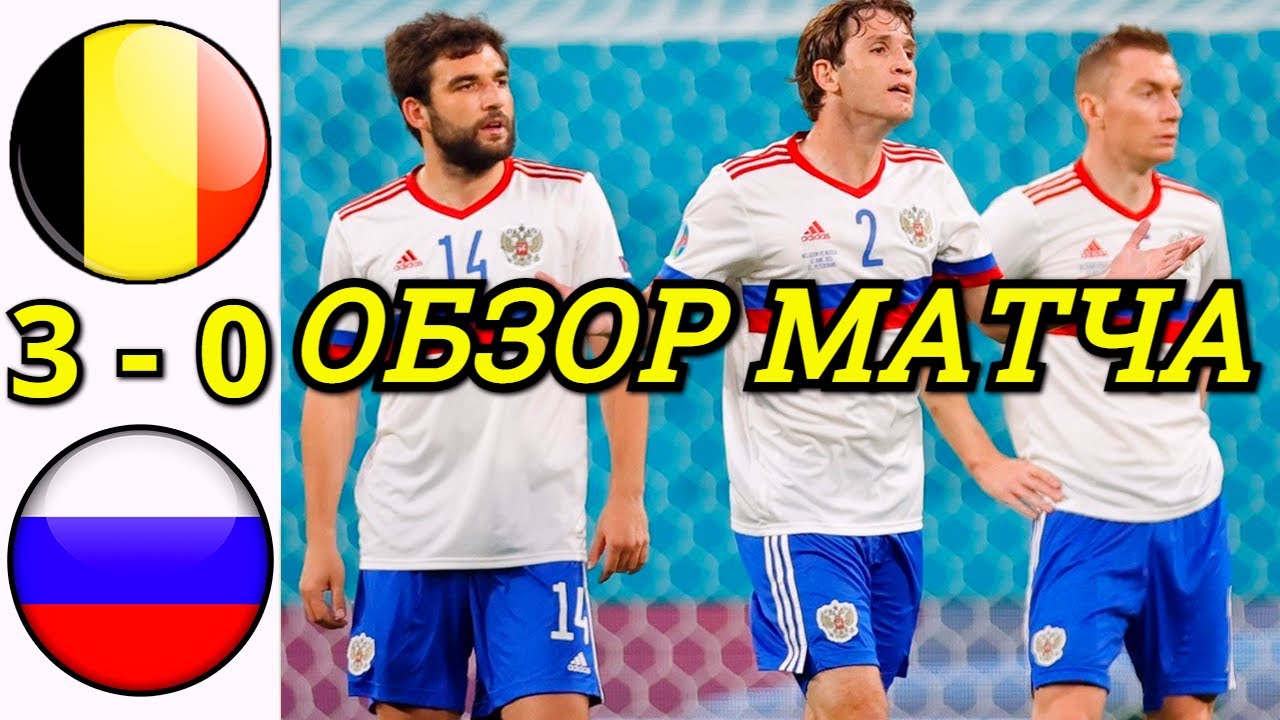 Spartak Rostov 23 Tur Rpl Razgromnaya Pobeda Krasno Belykh
Apr 23, 2025
Spartak Rostov 23 Tur Rpl Razgromnaya Pobeda Krasno Belykh
Apr 23, 2025 -
 Hetekig Tarto Jelentos Forgalomkorlatozasok Az M3 Ason
Apr 23, 2025
Hetekig Tarto Jelentos Forgalomkorlatozasok Az M3 Ason
Apr 23, 2025 -
 Athletics Edge Out Brewers In 3 1 Victory
Apr 23, 2025
Athletics Edge Out Brewers In 3 1 Victory
Apr 23, 2025 -
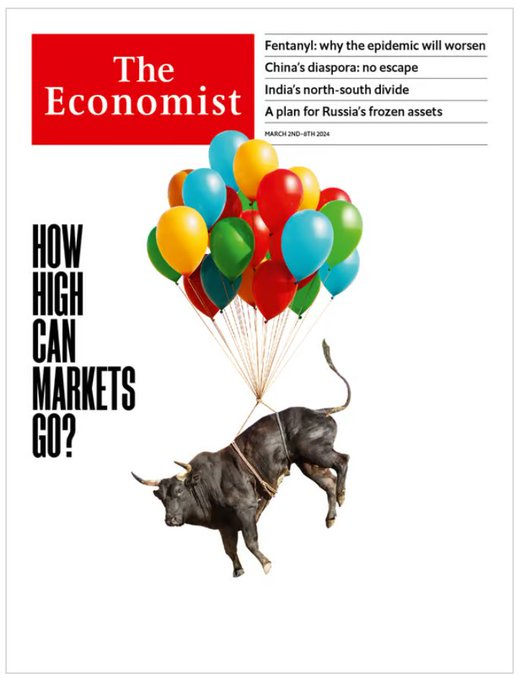 Solutions 30 Hausse Boursiere Perspectives Et Objectifs D Investissement
Apr 23, 2025
Solutions 30 Hausse Boursiere Perspectives Et Objectifs D Investissement
Apr 23, 2025 -
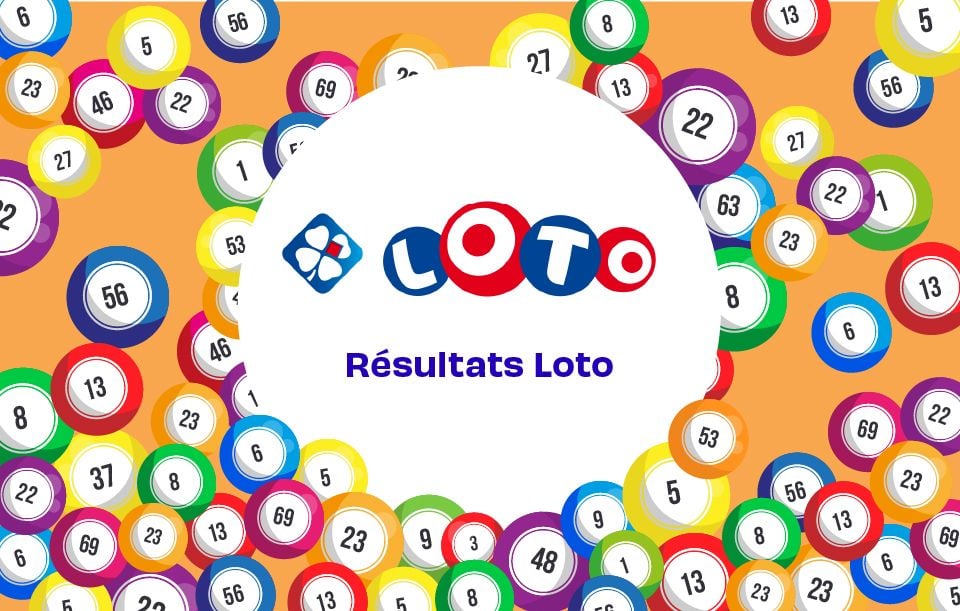 Fdj Monte Apres Ses Resultats Du 17 Fevrier Analyse Du Marche
Apr 23, 2025
Fdj Monte Apres Ses Resultats Du 17 Fevrier Analyse Du Marche
Apr 23, 2025
Latest Posts
-
 Stiven King Novi Zayavi Pro Trampa Ta Maska Pislya Povernennya V Kh
May 10, 2025
Stiven King Novi Zayavi Pro Trampa Ta Maska Pislya Povernennya V Kh
May 10, 2025 -
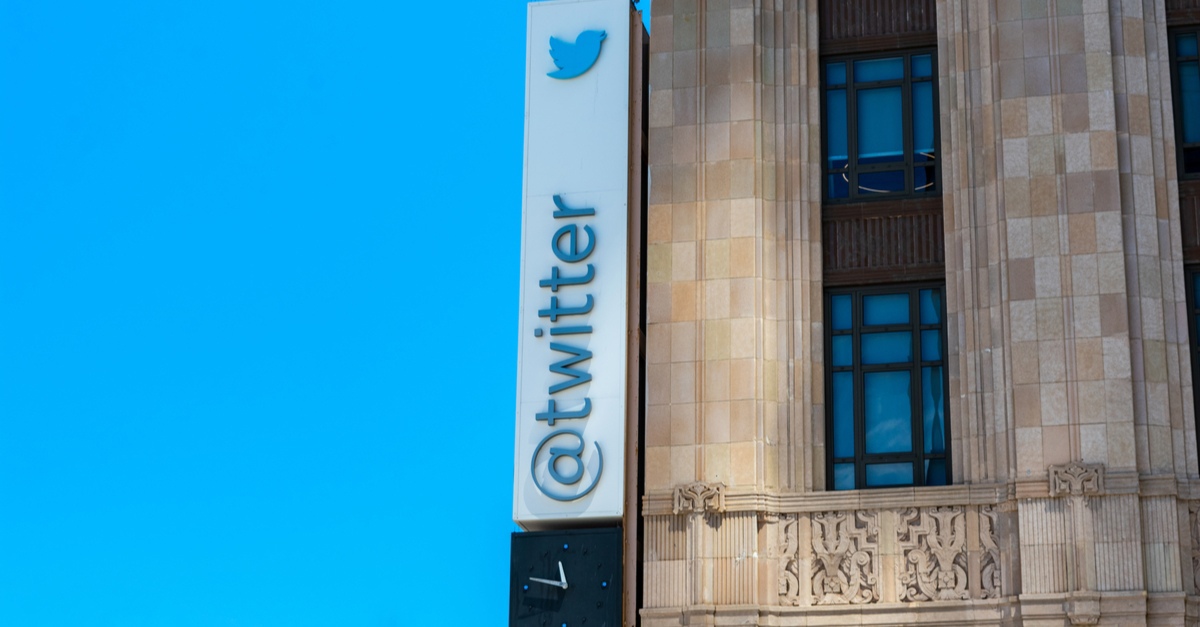 Stiven King Noviy Konflikt S Ilonom Maskom Na Platforme X
May 10, 2025
Stiven King Noviy Konflikt S Ilonom Maskom Na Platforme X
May 10, 2025 -
 Analiz Zayav Stivena Kinga Chi Ye Mask Ta Tramp Zradnikami
May 10, 2025
Analiz Zayav Stivena Kinga Chi Ye Mask Ta Tramp Zradnikami
May 10, 2025 -
 Stiven King Vernulsya V X I Oskorbil Ilona Maska
May 10, 2025
Stiven King Vernulsya V X I Oskorbil Ilona Maska
May 10, 2025 -
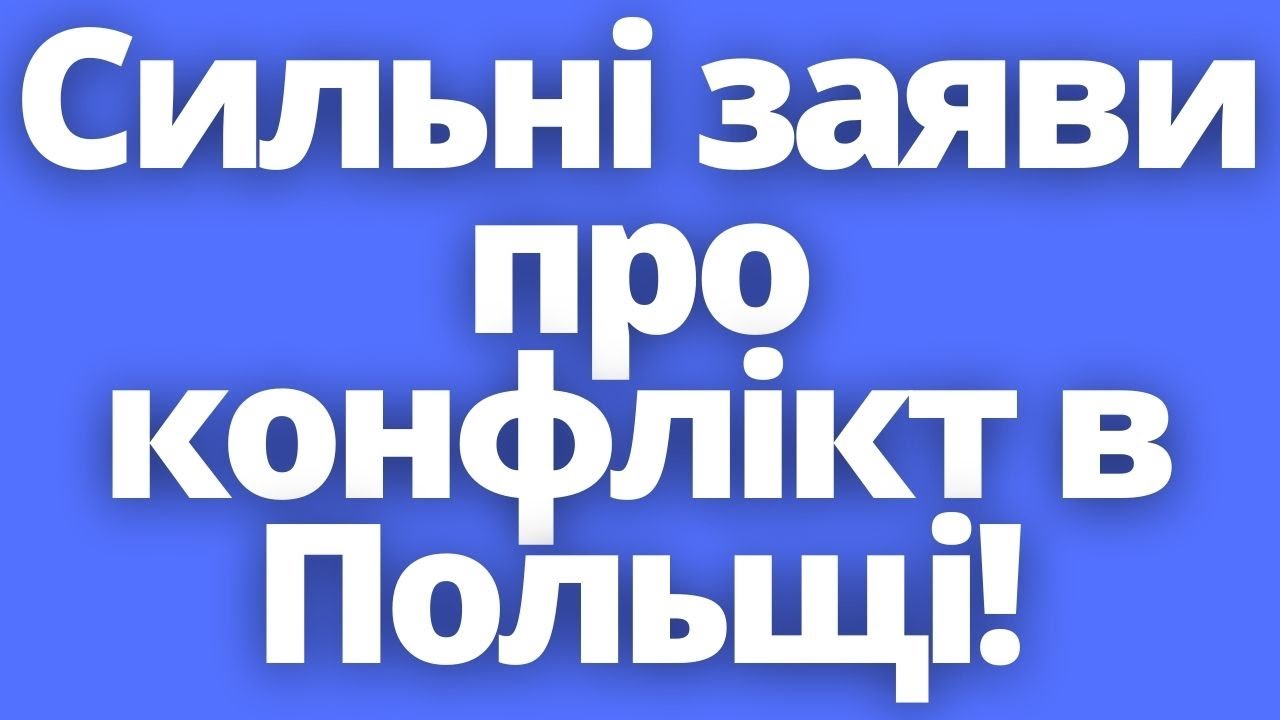 King Proti Maska Ta Trampa Khto Praviy U Tsiy Superechtsi
May 10, 2025
King Proti Maska Ta Trampa Khto Praviy U Tsiy Superechtsi
May 10, 2025
